At the turn of the 1990s, Geena Davis starred in back-to-back women-centered films that became instant feminist touchstones. Those female-driven films that were box office successes were heralded as a sign of change toward inclusivity in Hollywood. In 1991's Thelma & Louise -- from director Ridley Scott with a script by Callie Khouri and costarring Susan Sarandon -- for a few, satisfying moments, its protagonists reign triumphant over the white male patriarchy that conspires to keep them down. And while theirs is not a happy ending, it could be argued that at least they take their destiny into their own hands. A year later, Davis starred in the Penny Marshall crowd-pleaser A League of Their Own, a good old-fashioned baseball dramedy about the women's leagues that popped up while men were away fighting in World War II. Davis and Lori Petty (as her sister) led a cast of actresses that included Madonna and Rosie O'Donnell in the film that shined a light on a then little-known part of women's history. And it was a blockbuster.
"This changes everything" was the refrain and the crux of many a think piece in response to Thelma & Louise and A League of Their Own's supposed telegraphing of a move toward more and better representation for women in film -- women who'd always been the supportive wife, the supportive girlfriend, the supportive best friend, the supportive sex worker with a heart of gold... Of course, not much changed, and Hollywood remained the boys' club it had always been.
Now the documentary This Changes Everything, which is coproduced by Davis and directed by Tom Donahue, springboards off her work with the Geena Davis Institute on Gender in Media (which, among other missions, collected indisputable data on the pervasive gender gap in Hollywood). The film does a deep dive into the power of cinema and TV to perpetuate harmful stereotypes about underrepresented groups, including women and people of color, and to also shape culture for good when stories of those marginalized people are finally told. It cites women in Hollywood who, despite decades of apathy or outright pushback from men in power, are inspired by social and political movements of the era like the Women's March and #MeToo to demand equity in Hollywood through Time's Up and inclusion riders.
Clocking a dearth of female characters in children's shows she watched with her young daughter in the early aughts, Davis was inspired to launch her eponymous institute and study the problem of female representation in media. But the zeitgeist around Thelma & Louise) and A League of Their Own and the feedback she's received from women who felt seen for the first time because of those films is baked into the institute's mission.
"There were a number of editorials that were very negative about how [Thelma & Louise's success] was a horrible development -- now the world is ruined because women have guns," Davis tells The Advocate. "But it was really the reaction of people who recognized me [from Thelma & Louise in particular] that utterly changed. They didn't just want to say, 'Oh, I liked that movie.' They wanted to really talk about it and tell me about this experience and their reactions."
"To be in a movie that becomes sort of a cultural landmark -- it really impacted me. It changed my life, actually, because it made me realize how few opportunities we give women to come out of a movie feeling inspired and empowered by the female character or characters," Davis adds. "I realized that that's one of the best parts of seeing a movie, is identifying with the lead character, usually, and living through them and having a vicarious experience."
"What are we doing to women when we're robbing them of that experience? We have to either identify with a male character or be left having a lesser experience than men and boys do because pretty much any movie that comes out, men and boys can have that experience and live through the character," she notes.
This Changes Everything begins with the image of a lone girl in a movie theater bathed in the light of flickering celluloid. A familiar voice comes in over the image before cutting to actress, mega-producer, and feminist Reese Witherspoon discussing the role of women in film and TV and the work of her production company to create more space for women's stories -- like her HBO smash Big Little Lies. The film cuts from talking-head interviews with changemakers including Shonda Rhimes, Jessica Chastain, Meryl Streep, director Julie Dash (Daughters of the Dust), and dozens more to scenes from films illustrating the depiction of women throughout Hollywood history. The women who appear in the film to share their stories of harassment, exclusion, and rising up to make their own way include Hollywood veterans like Marisa Tomei and Sharon Stone and young powerhouses like Amandla Stenberg and Chloe Grace Moretz. The movie also highlights the work of the Original Six, a group of female directors formed in 1979 who for years risked it all to push for equal employment opportunities for women.
A Hollywood veteran whose first big film role was in Tootsie (1982), in which she spent a significant amount of time in her underwear, Davis went on to star opposite Jeff Goldblum in David Cronenberg's remake of The Fly (1986). A few years later she took home an Oscar for her role in Lawrence Kasdan's 1988 film The Accidental Tourist, which starred William Hurt and Kathleen Turner.
Davis clearly made a splash in her early films including the 1988 hit comedy Beetlejuice, but the feedback from Thelma & Louise and A League of Their Own stuck with her.
"[Response to those films] made me realize that from then on I wanted to really think about my character in making choices. What will the audience think about my character and what will the women in the audience think about my character?" Davis says. "I was always interested in characters who get to do stuff, like get to play baseball instead of being the girlfriend of the person playing baseball, just for my own creative purposes. But this really gave a different shape to the way I chose jobs."
This Changes Everything ticks off still-startling statistics proving Hollywood's systemic exclusion of women from its ranks (much of those numbers are from the work Davis has done), but it doesn't excoriate men wholesale. One segment features FX CEO John Landgraf, who when brought face-to-face with the shockingly low number of women featured in the network's shows vowed to change the makeup of the network. And he did.
"The whole reason behind what I started doing [launching a study] is that I realized that the gender bias for characters on-screen was so unconscious that I couldn't find anybody besides me who realized how few female characters there were in kids' TV and movies. The people who make it were all very sure that it was gender-balanced," Davis says. "It was the big magic bullet -- having the data so that I could go to the creators of kids' TV and movies and share it with them in a private and very collegial way."
"Obviously, we're talking to a lot of men, as far as executives and directors and producers and writers, and their reaction is really genuine that they did not know and couldn't tell that that's what was happening," Davis says of the work she began nearly 15 years ago.
"You can't say that about every facet of even the entertainment industry [though], because if you look at directors, people have known the numbers for decades, how few female directors there were. And it didn't do anything for people to say, 'What? What are we doing? We must do better.' And so that's a really much more entrenched bias."
The documentary -- which, when it tips to inclusive projects that paved the way for women, often cuts to posters from films about queer women including But I'm a Cheerleader, Pariah, and Circumstance -- paints a stark picture of Hollywood's past in terms of gender representation. However, a fascinating detour explains that before male-dominated big banks came in to finance Hollywood, there was more equity in the early part of the 20th century when directors like Dorothy Arzner and Ida Lupino kicked off their careers. Ultimately, This Changes Everything ends on a hopeful note in the wake of social movements around women's equality. And Davis points to the success of films including Wonder Woman, Black Panther, and Captain Marvel as positive signs of a transformation.
Davis credits producers and content makers including Witherspoon, Rhimes, and Ava DuVernay with creating opportunities and jobs for women and marginalized people. But she's also inspired by the solidarity among women -- and male allies -- across industries who are whipping up change.
"Look at the number of women who appeared in [This Changes Everything] and told their stories. Now it's OK to talk about your salary publicly and to talk about being assaulted and being discriminated against and harassed, where it was completely different before," Davis says. "My peers and I felt like we [couldn't] really talk about this stuff. Nobody will want to work with you."
"I feel like we are at a significant tipping point, which has yet to peak," she says.
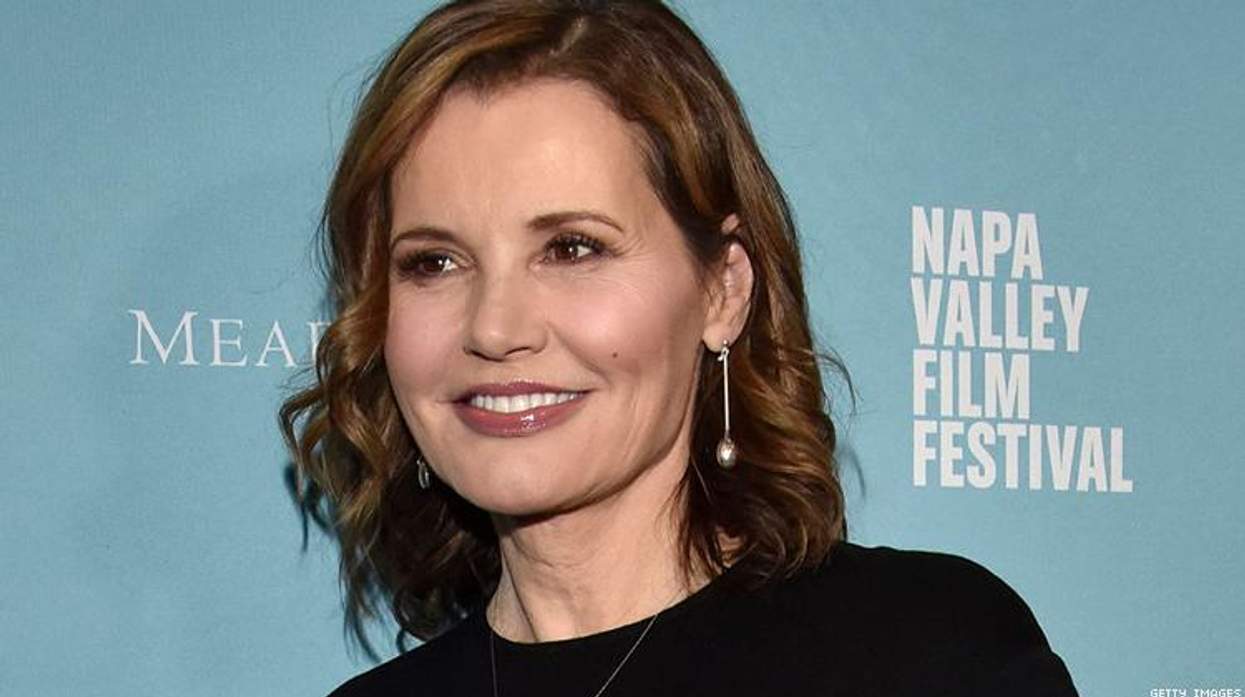







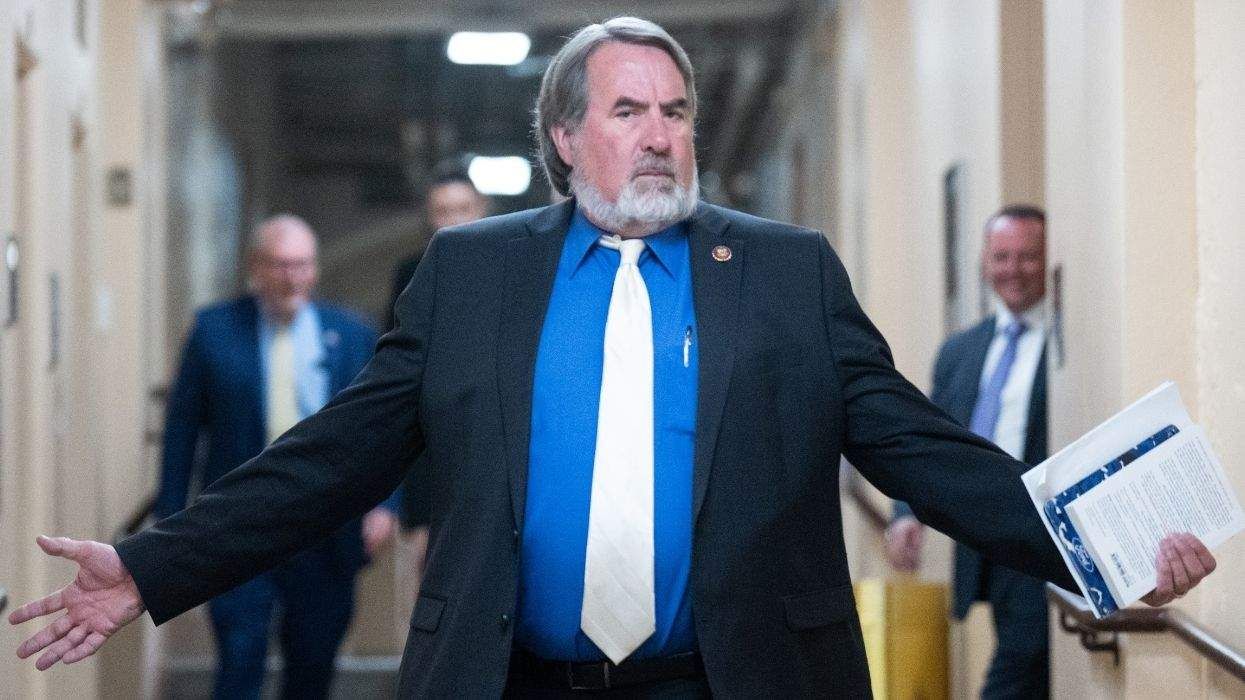

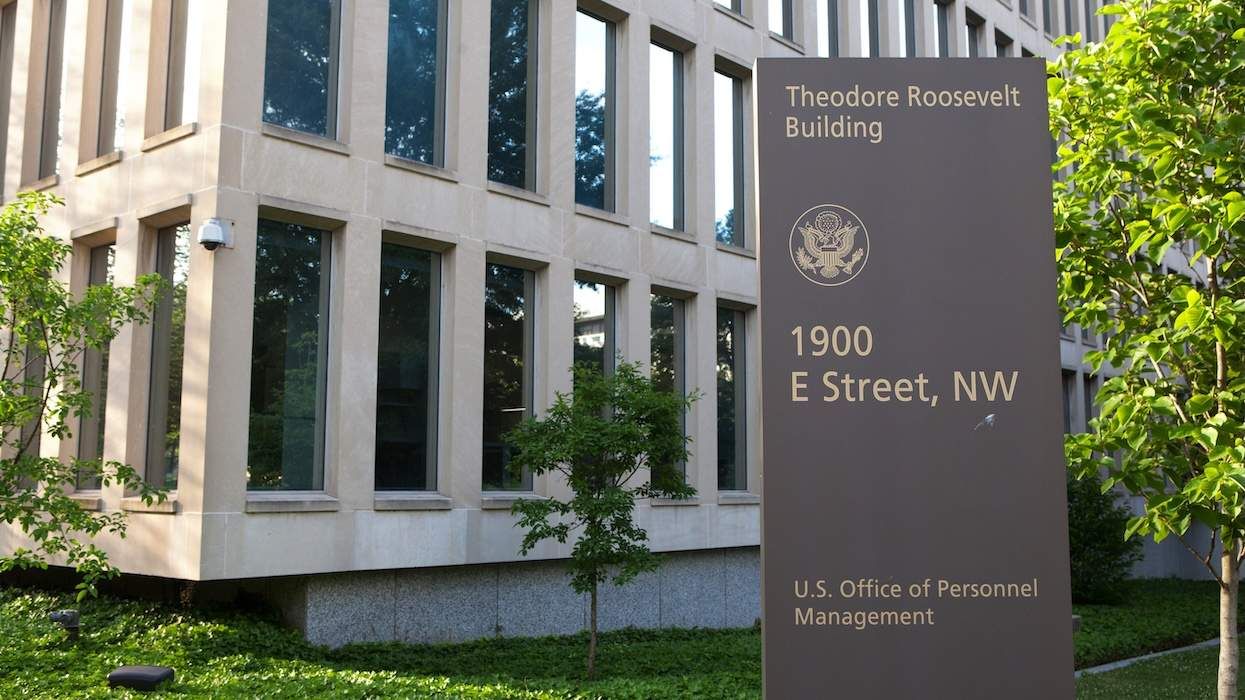

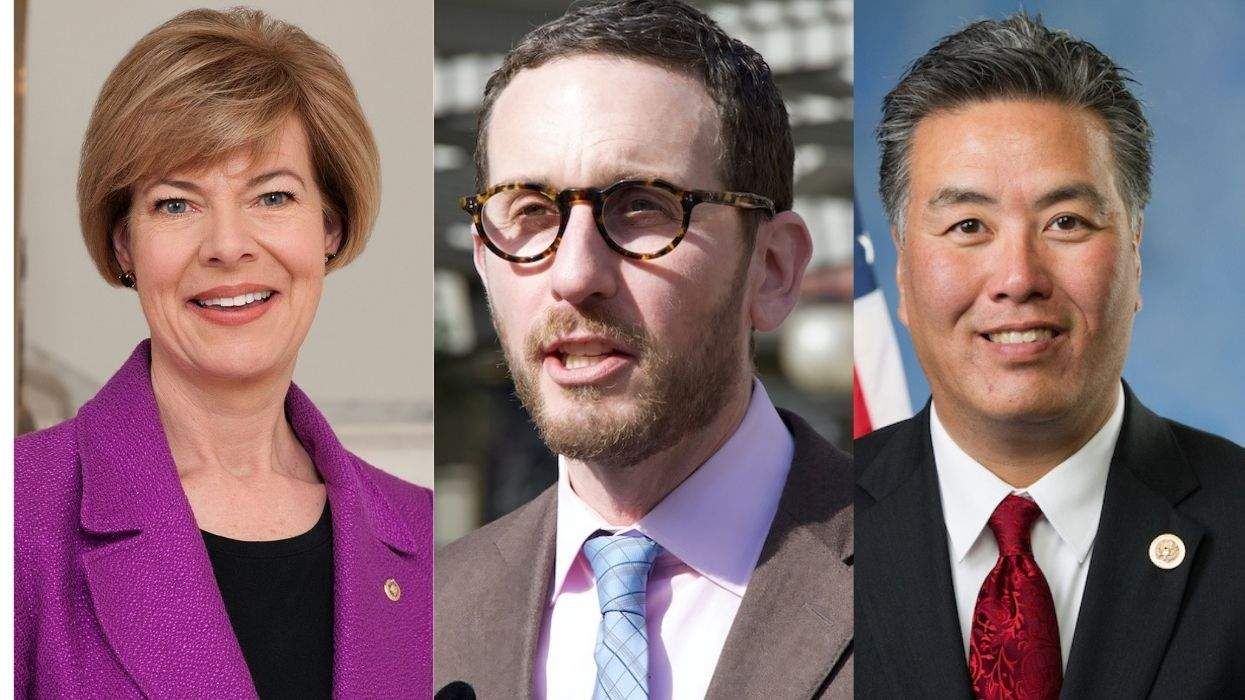


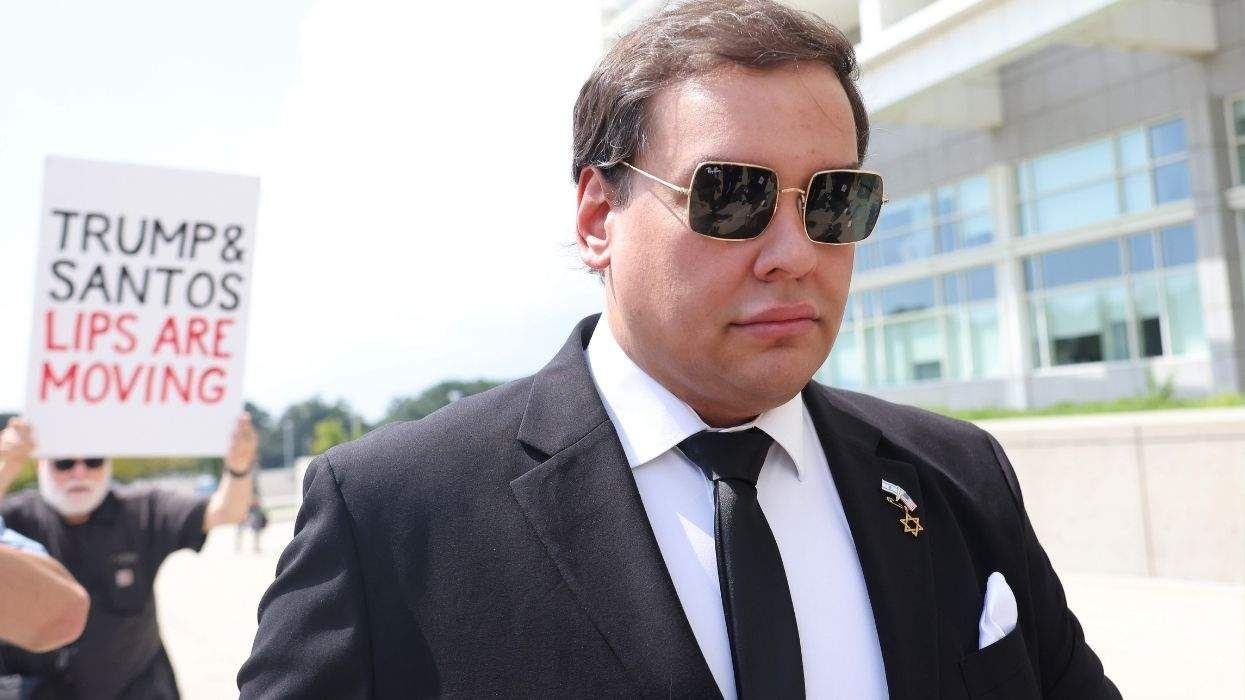
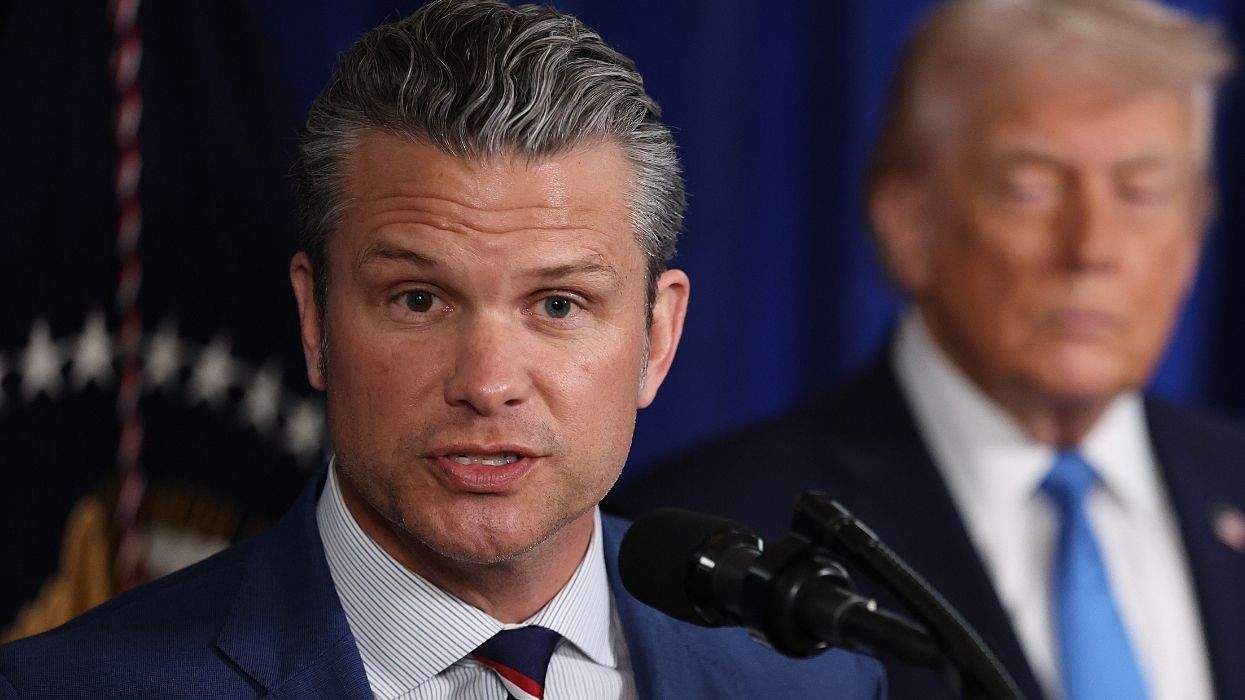


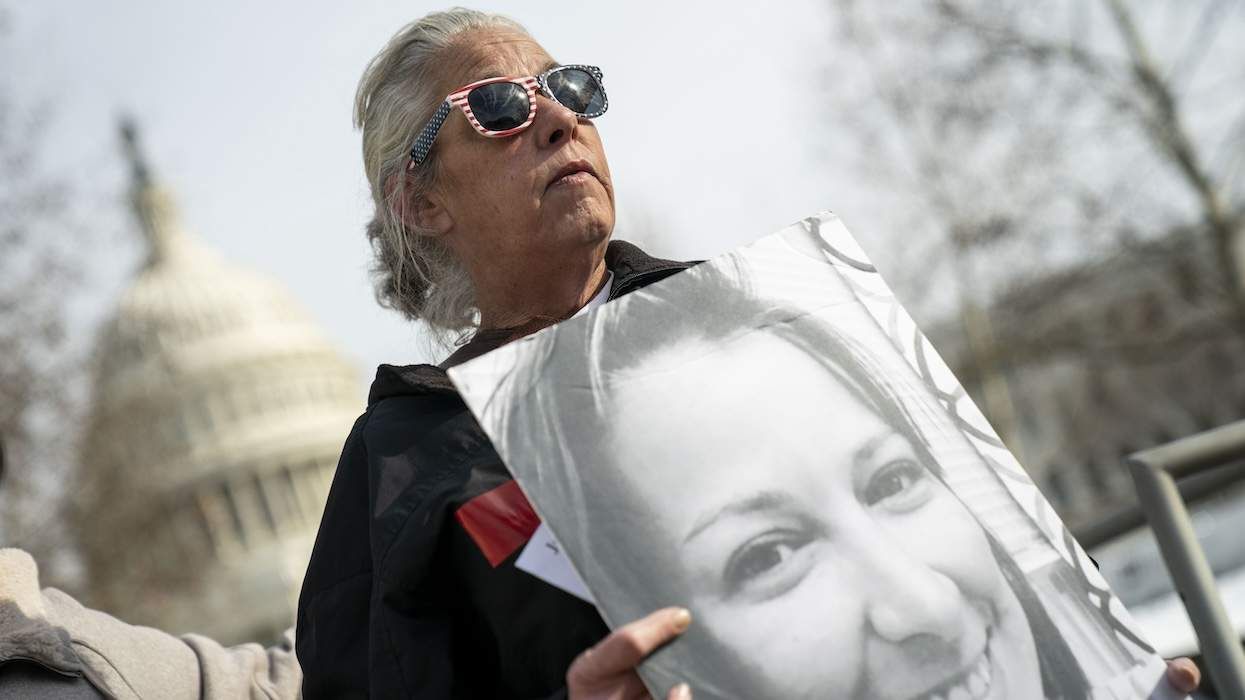
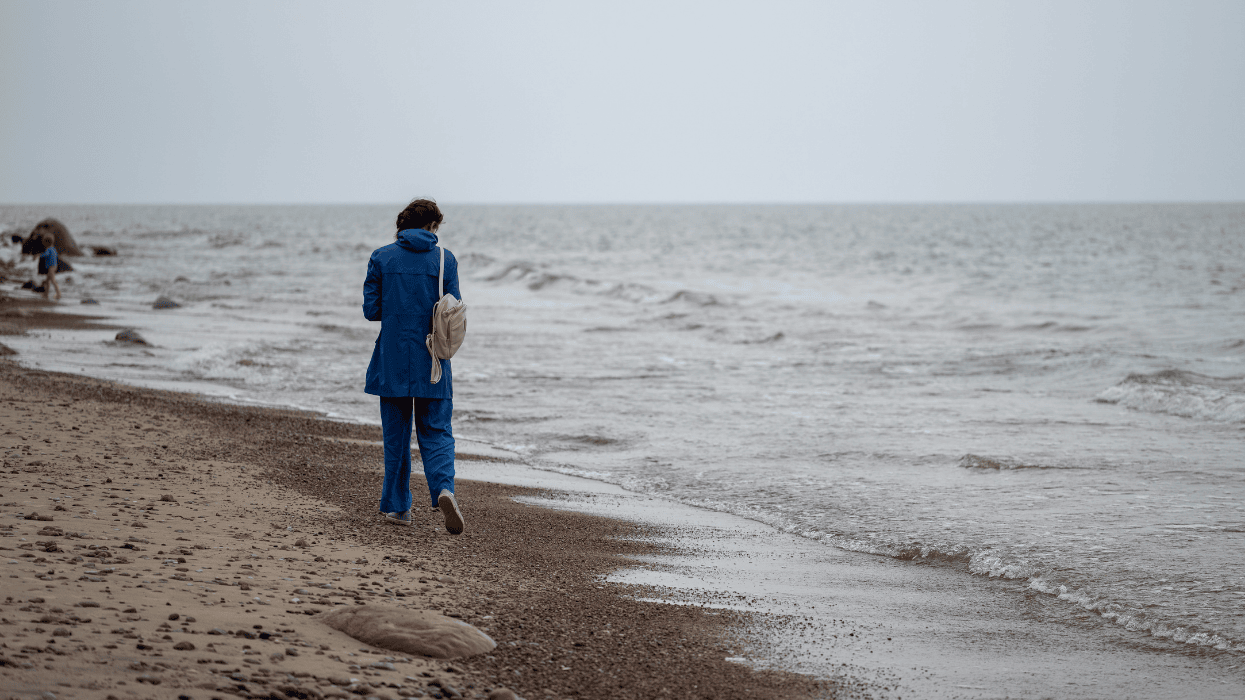








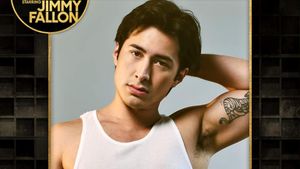



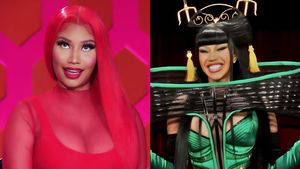















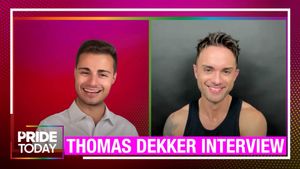








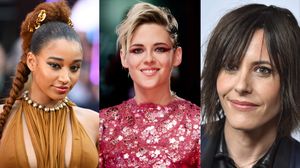

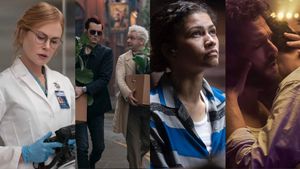








Charlie Kirk DID say stoning gay people was the 'perfect law' — and these other heinous quotes